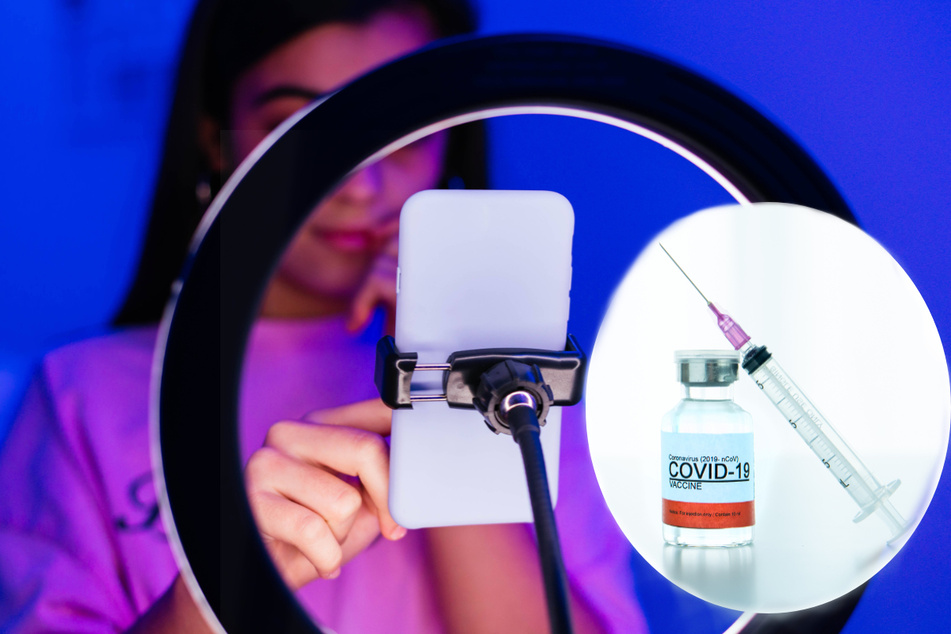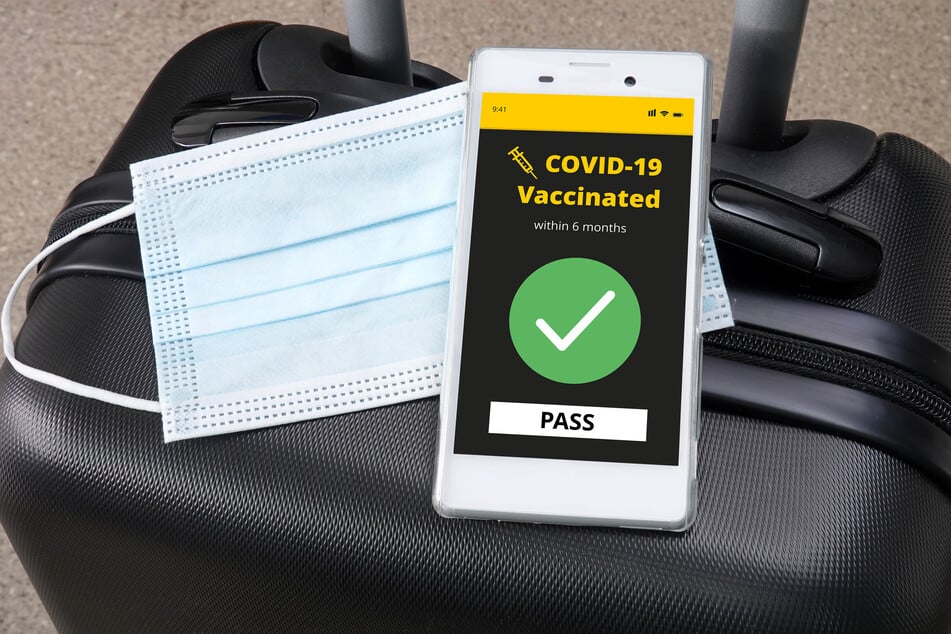Gen Z's Covid vaccine hesitancy grows as White House warns of dangerous risks
Washington DC - "Listen up, please," the president begged Gen Z on Wednesday.

Young adults in Gen Z are refusing the Covid-19 vaccine at a much higher rate than other age groups, yet they currently make up more coronavirus cases than any other demographic.
It's a development that many public health experts and White House officials worry could prolong the virus’s spread and lead to dangerous new mutations.
"For young people who may think this doesn’t affect you, listen up, please. This virus, even a mild case, can be with you for months. It will impact on your social life," President Joe Biden said at the White House on Wednesday.
Young adults ages 18 to 29 currently make up 22.5% of all Covid-19 cases in the US, more than any other age group and disproportionately higher than their share of the population, according to the latest Centers for Disease Control and Prevention data.
"If you’re young and haven’t gotten your shot yet, it really is time," the president urged in an Instagram post on Tuesday.
Some public health experts warn that young adults’ decisions to shun the shot could have big consequences.
"I think our best bet to get closer to herd immunity, if not get there, is to pick up young people," said Arthur Caplan, a professor of bioethics at New York University Langone Medical Center. "They can make a real dent when the remaining adults are still sort of hardcore vaccine-hesitant."
The more people who refuse the vaccine, the more chances the virus has to mutate, warned officials this week. American Public Health Association Executive Director Georges Benjamin said he is concerned the virus will mutate rapidly within unvaccinated, young and healthy people, and create a new strain that is resistant to the Covid-19 vaccines on the market.
"The best way to think about them is little brushfires, little outbreaks," Benjamin said. "We’re running the risk of starting this thing all over again."
The Biden administration is now trying to nudge Gen Zers – who are 18 to 24 – to get vaccinated with promotions, freebies, and vaccine challenges at universities.
Freebies galore for the fully vaccinated

On Wednesday, the White House and the Department of Education announced a Covid-19 College Vaccine Challenge to bring more shots to universities. The administration is also encouraging students to participate in the Covid-19 Community Corps.
Biden and expert Anthony Fauci also collaborated with YouTube stars, including Manny MUA and Jackie Aina, to get out their vaccine messaging. In the over-the-top videos, the president rotates between questions about Covid-19 vaccine development and his stranded-on-a-desert-island skin care product of choice.
The administration is also reaching out to young people via dating apps, such as Hinge and Tinder. Vaccinated individuals can earn badges on their profiles and "super likes," which can help them link up with vaccinated potential partners.
But this may not be enough.
Gen Z vaccine hesitancy has actually increased over time

The young and healthy were not prioritized in the early days of the Covid-19 vaccination effort, when much of the public health messaging focused on protecting the elderly and the immunocompromised.
When Gen Z adults became eligible to get vaccinated, many didn’t see a need to rush. Covid-19 case numbers began falling, mask restrictions were disappearing and life, in many ways, started returning to normal.
"The argument that this is protecting grandma doesn’t work any more because grandma’s already vaccinated," Benjamin said.
Unlike in other age groups, Gen Z vaccine hesitancy has increased over time, polling shows.
26% of Gen Z adults say they are not vaccinated and have no plans to get the shot, according to a March 2021 poll from NBCLX and Morning Consult. That’s up from March 2020, when the same polling organization found just 5% of Gen Z adults said they would not get vaccinated for Covid-19.
Similarly, a recent STAT-Harris poll found that more than half of Gen Z adults said they were not in any hurry to get the vaccine.
Why is Gen Z is so hesitant?

This age group has a variety of reasons for not getting the shot. Some have fallen prey to misinformation on social media about negative side effects, such as unfounded rumors about the shot causing fertility issues.
Caplan said he likes to remind vaccine-hesitant people that vaccine side effects usually show up within a year and a half, and scientists have already looked for all these outcomes since trials began in March 2020. But contracting the virus can lead to serious issues down the line.
Some who have already had a mild case of the virus aren’t worried about contracting it again or believe they already have immunity. And others feel they can wait for a shot, since many young and healthy people don’t contract severe disease if they get the virus.
Jordan Tralins, a Cornell University rising junior, said much of the pro-vaccine messaging isn’t aimed at her generation. Most of her friends get their news from TikTok and Instagram, and much of the vaccine information on her feed was questionable at best.
So she and a classmate founded the Covid Campus Coalition, a student-led organization that shares infographics and TikToks promoting information about vaccines and debunking myths and conspiracies, like microchipping.
So far, the coalition has chapters in over 25 college campuses across the country, and Tralins plans to keep growing.
"I recognized at the start of the vaccination process that it’s just kind of a lack of presence in platforms where you know Gen Z and younger individuals spend their time looking," Tralins said.
Though students at her university have been receptive to vaccination, that’s not the case for all colleges, she noted. Some larger universities in the South are having a more difficult time convincing students to get vaccinated.
Young adults "felt pretty invincible. They felt like if they got Covid, it wouldn’t be a big deal, so what’s the point of getting the vaccine?" Tralins said.
Social media messages are thought to be the most effective to instill trust in the vaccine
Lisa Costello, a West Virginia University assistant professor of general pediatrics, said she’s noticed that young adults and teens she works with are more likely to trust one another than the government.
That’s why social media campaigns and peer-to-peer messaging can be the most effective tools to reaching younger audiences.
"It’s also important in this group that we help this age group see the benefits of vaccination over the harm that COVID may pose to them," Costello said.
Although people in Gen Z are much less likely to die of the virus, they can still spread it to others who are more vulnerable or suffer long-term health effects if they get Covid-19.
Cover photo: Collage: IMAGO / Cavan Images &123RF/Chayatorn Laorattanavech